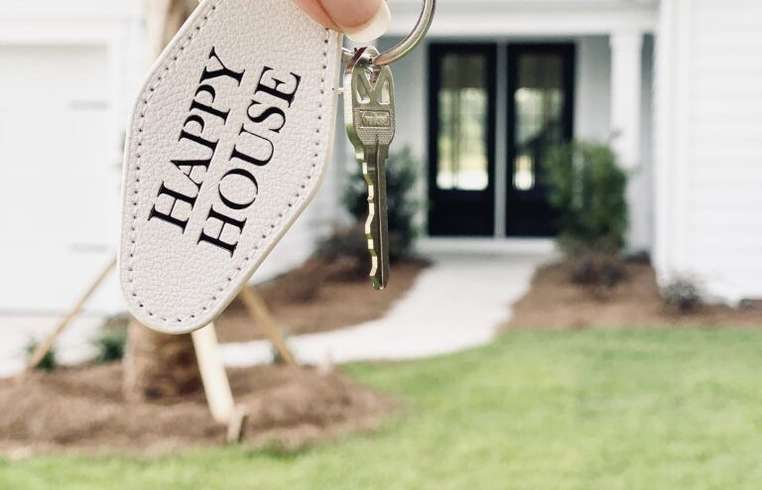
Harris Promises $25,000 Down Payment Aid for First-Generation Homebuyers

In an effort to address the widening gap in homeownership, Vice President Kamala Harris has announced a bold new initiative aimed at first-generation homebuyers. The proposed plan promises up to $25,000 in down payment assistance, making it easier for families who have never owned a home to step into the housing market.
A Step Toward Equity
The plan is part of a broader strategy to promote equity in homeownership, particularly among communities that have historically been excluded from home buying opportunities. According to Harris, the initiative will help break the cycle of renting and empower families to build wealth through home equity.
Who Qualifies?
To qualify for the program, applicants must be first-generation homebuyers, meaning that neither the applicants nor their parents have ever owned a home. This requirement ensures that the assistance is directed toward those who need it most. Additionally, the program will prioritize low- and moderate-income families, particularly those from underserved communities.
How the Program Works
The $25,000 down payment assistance can be used toward the purchase of a new or existing home. The funds will cover not only the down payment but also other associated costs such as closing fees, which can be a significant barrier for first-time buyers. The aid is structured as a grant, meaning it does not need to be repaid, making homeownership more attainable without adding financial strain.
Addressing the Housing Crisis
The initiative is being hailed as a critical step in addressing the current housing crisis, where rising home prices and limited inventory have made it difficult for many families to afford homes. Harris emphasized that the program is part of the administration’s broader efforts to create a fairer, more inclusive economy.
Looking Ahead
While the plan has been met with enthusiasm, it will require Congressional approval to be fully implemented. If passed, this initiative could pave the way for thousands of families to achieve the American Dream of homeownership, reducing economic disparities and creating more stable communities across the country.
